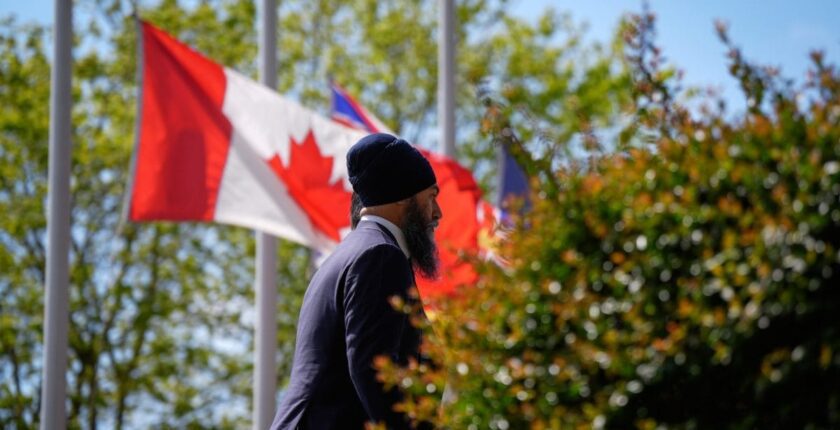Canada’s New Express Entry for Managers, Scientists, Military
Canada to Introduce New Express Entry Categories for Skilled Workers
Canada is gearing up to implement three new occupational categories within its Express Entry immigration system by 2026, specifically targeting senior managers, scientists and researchers, and military personnel. This initiative, announced by Immigration, Refugees, and Citizenship Canada (IRCC), aims to simplify the permanent residency (PR) application process for skilled foreign professionals in these fields.
The public consultation on this initiative will remain open until September 3, 2025, though a specific timeline for implementation has yet to be shared. The Express Entry system is an online application management system designed to process immigration under economic programs such as the Federal Skilled Worker Program and Canadian Experience Class. Applicants are ranked using the Comprehensive Ranking System (CRS), which evaluates factors like age, education, and work experience, with higher scores increasing the chances of receiving an invitation to apply for PR.
What the New Categories Include
The new categories will consist of:
- Leadership Category: This will focus on senior managers responsible for overseeing company operations and leading teams, seen as crucial for enhancing Canada’s competitiveness in the global market.
- Research and Innovation Category: Designed for select scientists and researchers, this category aims to attract talent that can drive innovation and bolster productivity in various sectors.
- National Security and Defence Category: This category will prioritise skilled military professionals from allied countries, addressing Canada’s security needs and supporting the armed forces.
What It Means For Indian Professionals
For Indian professionals, particularly those with leadership experience in sectors like IT, finance, and engineering, these changes could open new doors. India has a rich talent pool in these areas, making it an excellent fit for the new pathways being established.
Furthermore, Indian researchers and scientists involved in STEM (science, technology, engineering, and mathematics) fields may find expanded opportunities in Canada. Military professionals from India could also explore potential pathways under the proposed defence category. This could mean a promising avenue for those looking to contribute their skills in Canada.
Other Key Updates from IRCC
IRCC continues to emphasise the importance of Francophone immigration, especially outside Quebec. Additionally, key sectors like healthcare, trades, education, STEM, and agri-food are being prioritised, which is part of the category-based selection system introduced in 2023 to address labour shortages with skilled foreign workers.
Category-based draws often have lower CRS cut-offs than general rounds, which means targeted applicants could have a better chance of receiving invitations. Hence, if you’re considering working in these sectors, it’s a great time to get involved.
Another group that may see changes are international students. Updates in the Express Entry system could affect the eligibility of the Post-Graduation Work Permit (PGWP), and more information is expected in early 2026. This is noteworthy for anyone looking to transition from study to work in Canada.
If you’re exploring job opportunities from abroad, you’ll find that every listing on our website, VisaJobsCanada.com, includes visa support for international applicants. This makes it easier for you to find roles that align with your skills while also facilitating your transition to Canada.
Have your say!
Got a question, opinion, or experience to share about working in Canada? Leave a comment below and join the conversation.

